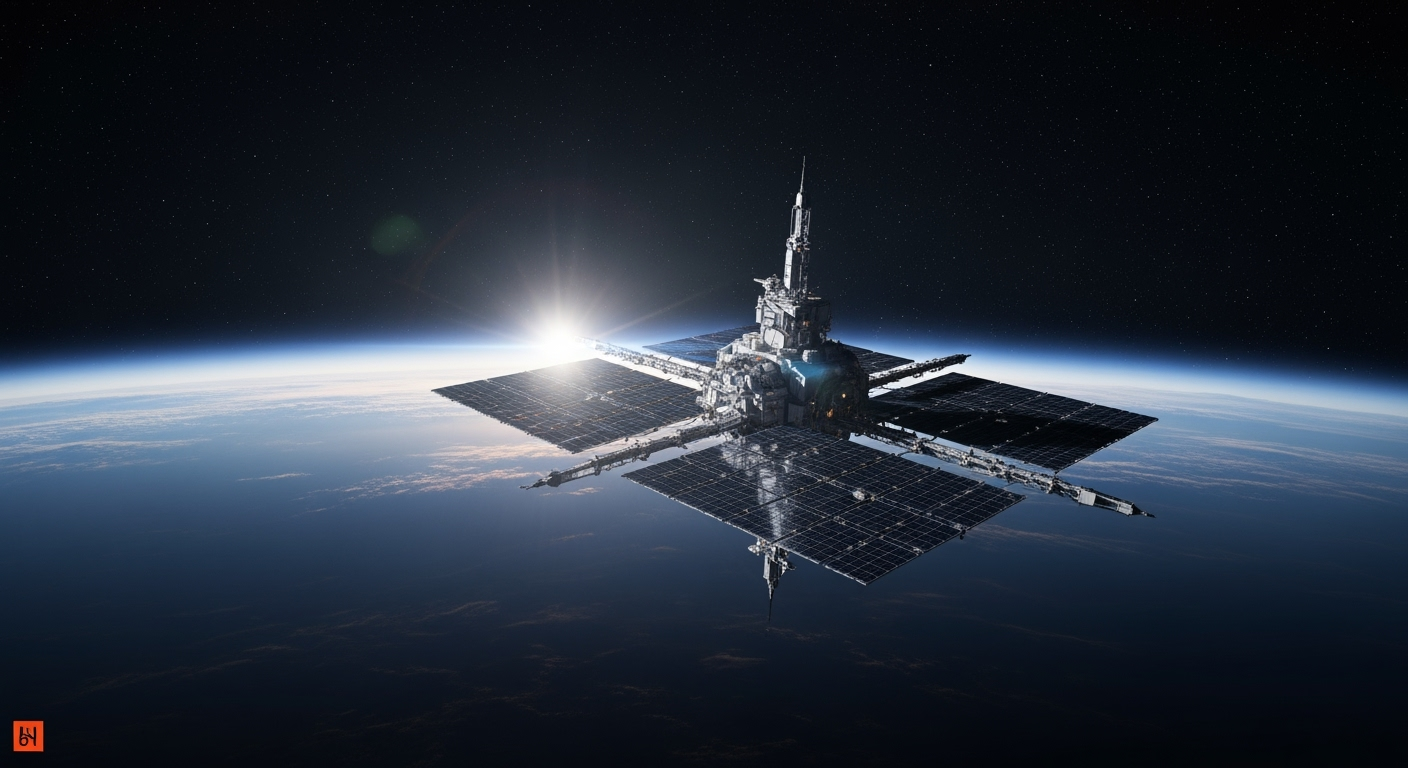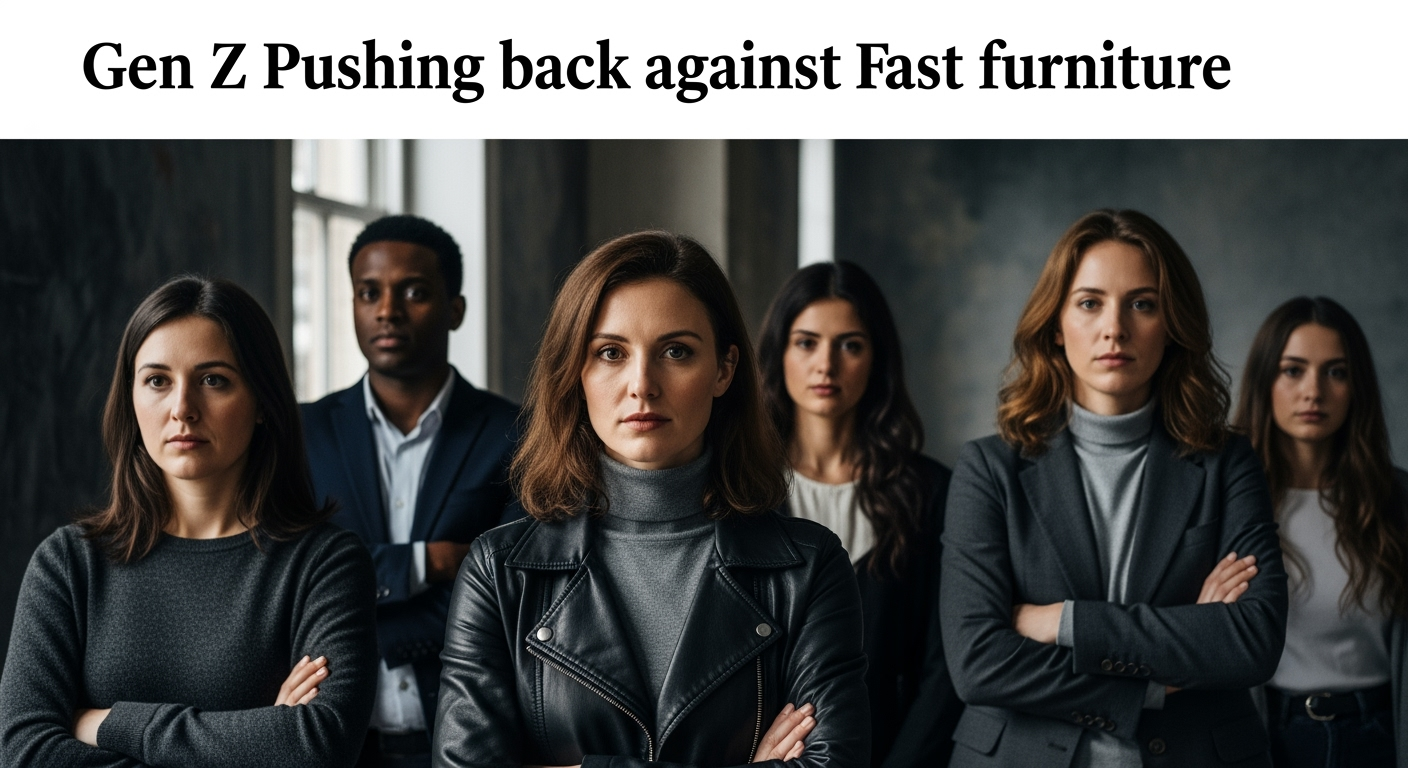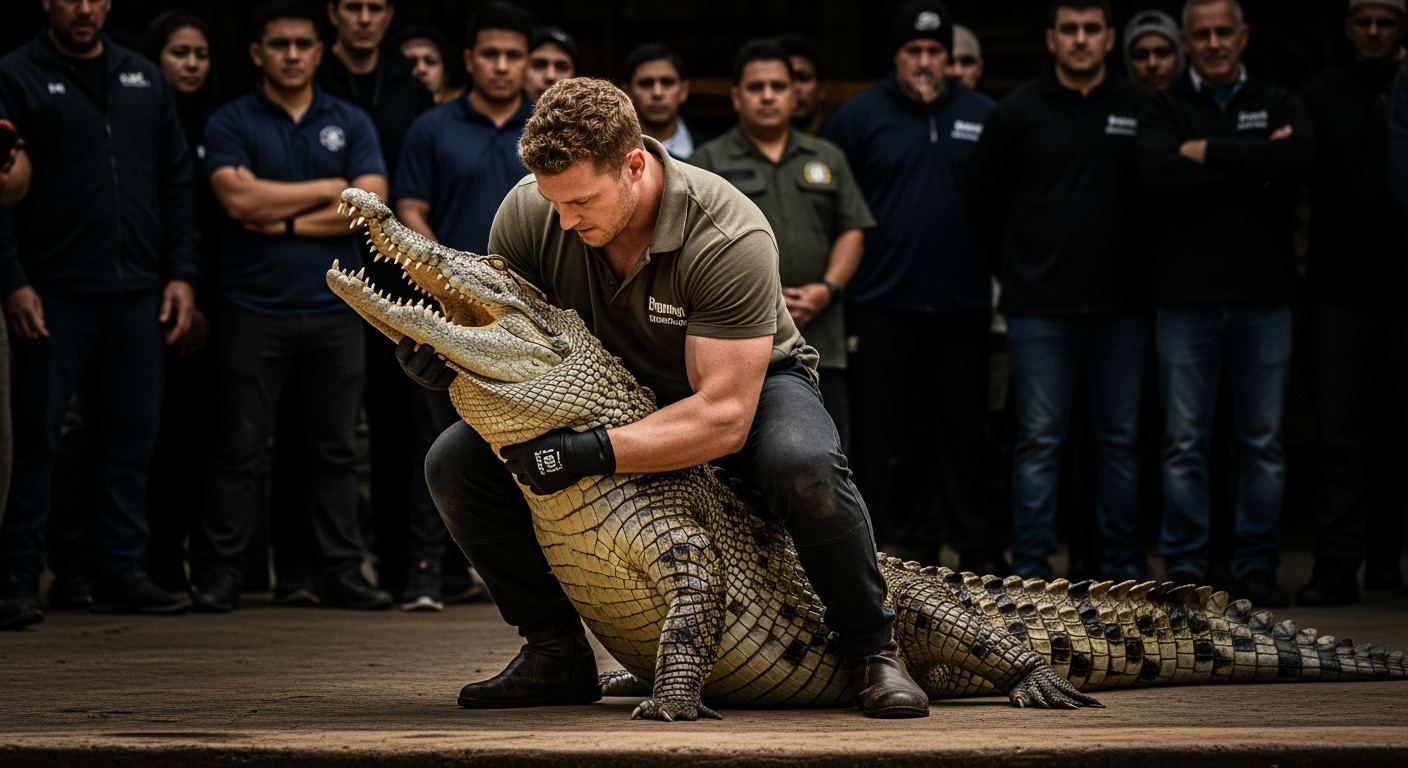Related Articles

The Unseen Costs: Dissecting the Dark Side of Viral Food Trends

Solar's Bold Horizon: Powering Earth and Beyond in a New Energy Era





BRISBANE, Australia – A series of sensationalized videos featuring American social media influencer Mike Holston, known as "The Real Tarzann," engaging in dangerous and illegal interactions with wild crocodiles in Queensland, Australia, has ignited widespread outrage and prompted an active investigation by Australian authorities. The footage, which shows Holston wrestling with a freshwater crocodile and capturing a juvenile saltwater species, has drawn sharp condemnation from wildlife experts, conservation groups, and the public, highlighting the escalating tension between viral content creation and responsible wildlife conservation.
The controversial videos, posted by Holston to his Instagram account boasting millions of followers on September 5, 2025, depict him actively pursuing and handling crocodiles in Australia's remote Cape York Peninsula, specifically near the Lockhart River. In one particular clip, Holston is seen leaping from a boat into shallow water to chase a freshwater crocodile, subsequently wrestling it ashore. During the struggle, blood is visible on his arm, a result of a bite sustained from the agitated reptile. Despite the evident distress to the animal and the personal injury, Holston expressed excitement, framing the encounter as a "lifelong dream". Another video shows him capturing and holding a juvenile saltwater crocodile, a species known for its formidable nature. Holston has publicly defended his actions, claiming the videos serve "educational purposes" and cautioned viewers against replication, stating the animals were released after filming.
These incidents follow a similar public outcry in July involving Canadian influencer Colton Macaulay, who also filmed himself grabbing a freshwater crocodile by the neck in northern Australia, eliciting distress from the animal. Such acts have become a troubling trend, raising questions about the ethics of exploiting wildlife for online visibility.
Australian environmental authorities have swiftly responded to Holston's actions, initiating an investigation into what they deem "extremely dangerous and illegal behavior". Under Queensland law, interfering with crocodiles without proper permits or training is strictly prohibited. Permits are typically reserved for qualified individuals engaged in research or conservation efforts, a status Holston reportedly does not hold. The Queensland environment department has confirmed its active investigation, signaling potential "strong compliance action, including fines".
Penalties for breaching Australia's wildlife laws can be severe, ranging from immediate on-the-spot fines of A$8,345 for interfering with saltwater crocodiles, to court-imposed penalties of up to A$37,500 and even prison sentences of up to five years, depending on the state and the nature of the offense. Queensland Premier David Crisafulli dismissively referred to Holston as a "goose," while calls have emerged from various quarters for Holston's deportation and a ban from returning to Australia. The severity of these potential consequences underscores Australia's commitment to protecting its unique and often dangerous wildlife.
The influencer's stunts have been met with a chorus of condemnation from animal welfare organizations and prominent wildlife figures. World Animal Protection Australia Country Director Ben Pearson labeled Holston's actions as "cruelty for the sake of content," asserting that crocodiles are not "playthings" to be used for social media stunts. Pearson emphasized the significant stress and potential harm such encounters inflict upon wild animals.
Bob Irwin, father of the late "Crocodile Hunter" Steve Irwin, reportedly expressed profound disappointment, stating that "people visiting our country need to respect our wildlife, or they need to be booted out the door". He and other critics drew a clear distinction between Holston's reckless behavior and Steve Irwin's professionally trained, conservation-focused interactions with wildlife. PETA's Australian branch also weighed in, criticizing Holston for routinely using animals as "props" and engaging in "reckless, hazardous stunts". Joey Clarke, senior science communicator with the Australian Wildlife Conservancy, echoed concerns, highlighting the disappointment when visitors disregard Australia's rich reptile biodiversity for personal gain. The collective message from these groups is clear: such actions are disrespectful, harmful, and set a perilous example.
Holston's incident is not an isolated one but rather indicative of a disturbing trend where influencers, driven by the pursuit of viral content, increasingly engage in risky and unethical interactions with wild animals. This phenomenon raises critical questions about the responsibility of social media platforms in moderating and preventing the dissemination of such harmful content. Critics argue that the allure of millions of views and likes incentivizes dangerous behavior, trivializing the stress and potential injury caused to wildlife, and encouraging copycat tourism.
The incident has reignited the debate surrounding stricter regulations for wildlife interactions, particularly those amplified on social media. Conservationists and officials advocate for stronger enforcement of existing laws and greater accountability from influencers and the platforms they use. The ongoing investigation into Mike Holston serves as a stark reminder that while the digital world offers avenues for instant global reach, the consequences of flouting real-world laws and ethical boundaries, especially concerning protected wildlife, can be significant and far-reaching. The balance between content creation and conservation remains a pressing challenge in the digital age.